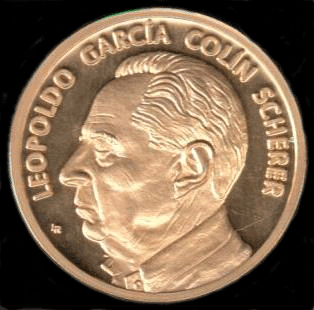Description
Time-driven quantum systems are essential in many different fields of physics as cold atoms, solid-state, optics, etc. Many of their properties are encoded in the time evolution operator or the effective Hamiltonian. Finding these operators usually requires very complicated calculations that often involve some approximations. In this talk, we present a theoretical model that exploits the structure of the associated Lie group for time-periodic Hamiltonians. This method allows us to find the time evolution operator through the decomposition on each group generator and, subsequently, the effective Hamiltonian.
